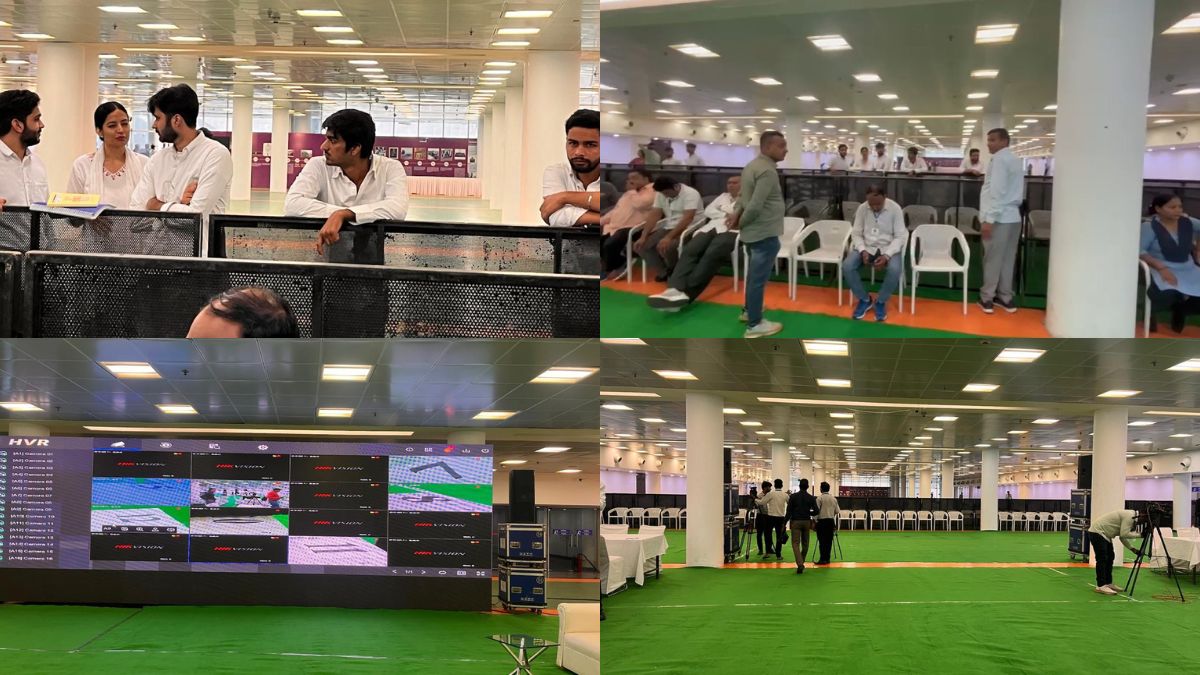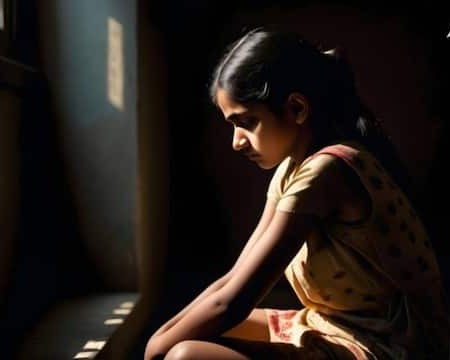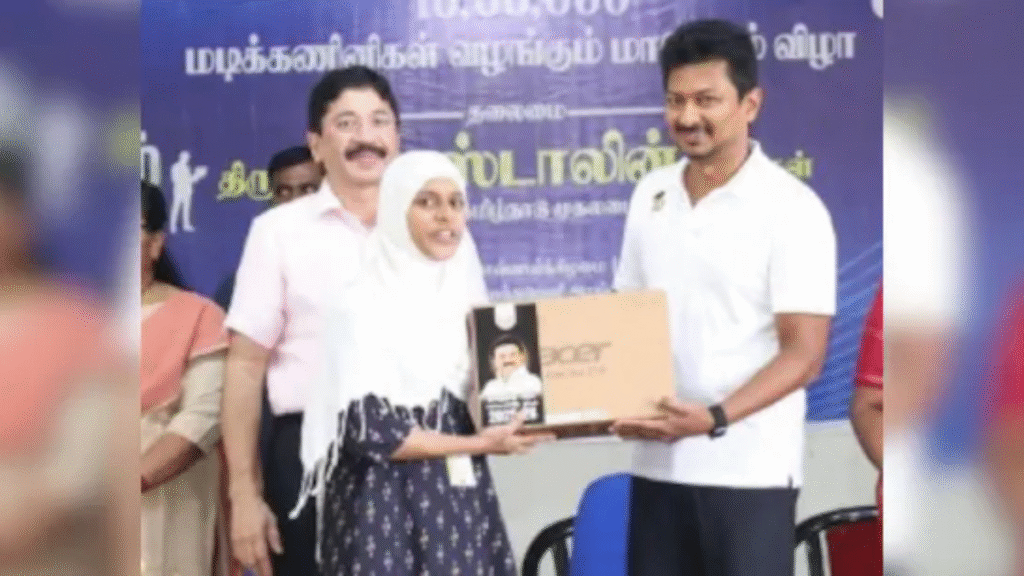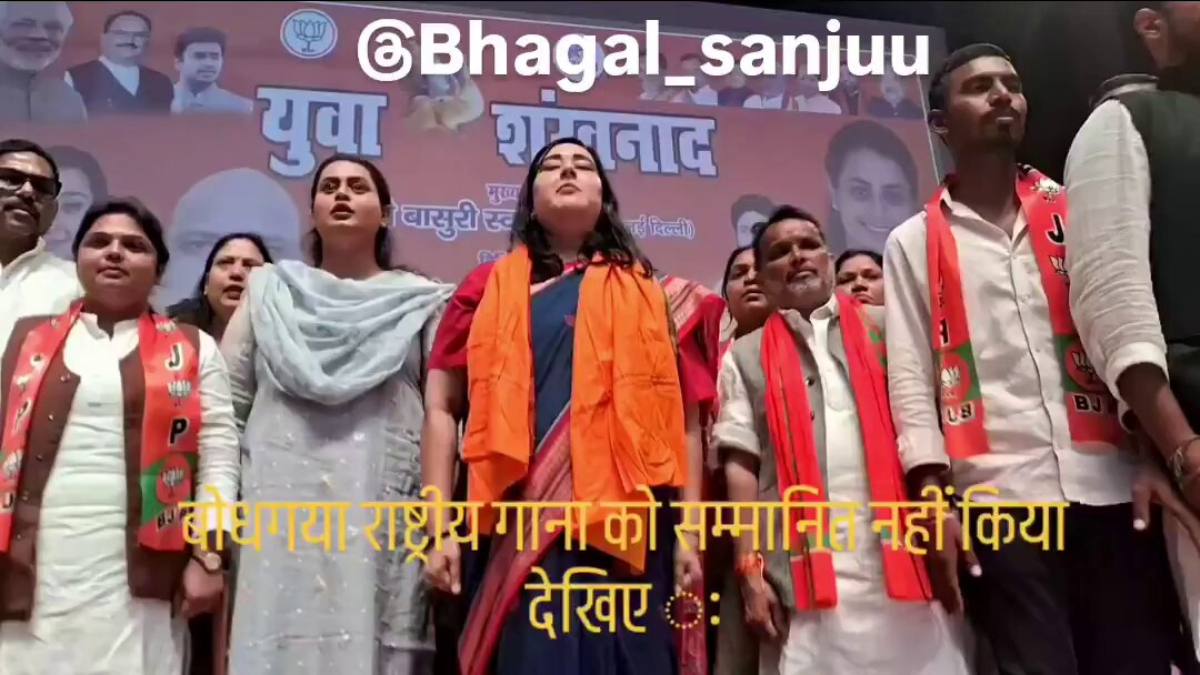Now Reading: ABVP Dominates DUSU Elections 2025, Sweeps Three Key Posts Including President
-
01
ABVP Dominates DUSU Elections 2025, Sweeps Three Key Posts Including President
ABVP Dominates DUSU Elections 2025, Sweeps Three Key Posts Including President

In a significant display of its continued stronghold on campus politics, the Akhil Bharatiya Vidyarthi Parishad (ABVP) has secured a landslide victory in the Delhi University Students’ Union (DUSU) elections for the 2025-26 term. The results, declared today, Friday, September 19, 2025, show the ABVP sweeping three of the four central panel posts, including the coveted position of President.
The decisive victory marks a major comeback for the ABVP after the National Students’ Union of India (NSUI) had won the presidency in the previous year’s elections. The polls, held on September 18 across 52 centers, saw a voter turnout of 39.45%, reflecting the high-stakes nature of one of the most keenly watched student elections in the country. A total of 21 candidates were in the fray for the four main posts.
The Winners and the Mandate
ABVP’s presidential candidate, Aryan Maan, emerged as the clear winner, defeating his nearest rival, Joslyn Nandita Choudhary of the NSUI, by a significant margin. Maan’s victory solidifies his position as the new DUSU President. Hailing from Bahadurgarh, Haryana, and a graduate of Hansraj College, Maan’s campaign focused on core student issues. His promises of subsidized metro passes, free campus-wide Wi-Fi, improved sports infrastructure, and accessibility audits for students with disabilities resonated with the student body.
The ABVP’s winning streak continued with the victories of Kunal Chaudhary and Deepika Jha for the posts of Secretary and Joint Secretary, respectively. Chaudhary secured the Secretary’s post, defeating the NSUI candidate, while Jha’s win for the Joint Secretary position further cemented the ABVP’s dominance.
The lone post to be clinched by the opposition was the Vice President’s position, which was won by Rahul Jhansla of the Congress-affiliated NSUI. Despite this setback, the ABVP’s overwhelming victory across the other three posts signals a strong mandate from the students.
Beyond the Numbers: Issues and Political Echoes
The DUSU elections are often considered a microcosm of the larger national political landscape, and this year was no exception. The election campaign was characterized by intense debates on student welfare, campus safety, and gender representation. Maan’s platform, which blended promises of practical improvements with a strong ideological backing, appears to have found favor with the electorate.
Meanwhile, the NSUI, which had hoped to build on its previous year’s success, faced a significant challenge. The party’s campaign, which focused on issues like hostel shortages and campus safety, was unable to counter the ABVP’s strong performance and voter outreach. The results are a stark reminder of the fluid and fiercely competitive nature of student politics at Delhi University.
The counting of votes, which took place at the University Sports Stadium under strict security, was a tense affair, with leads swinging between the two major student organizations in the initial rounds. However, as the counting progressed through 18-20 rounds, the ABVP’s lead became insurmountable, culminating in jubilant celebrations by party supporters.
A Look Ahead
With a new DUSU executive in place, all eyes will be on how the new leadership delivers on its electoral promises. Historically, the DUSU platform has served as a launching pad for several prominent national politicians, including the late Arun Jaitley. The victory of Aryan Maan reinforces the ABVP’s position as a key force in shaping future political leaders and reflects the evolving aspirations of India’s youth. The coming year will test the new DUSU leadership on its ability to effectively address student grievances and implement its vision for a better and more inclusive campus environment.









